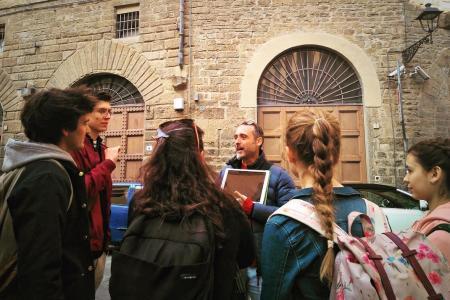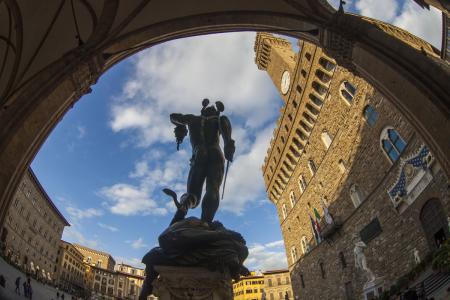COURSE DESCRIPTION:
In this course, the participant discover Project-Based Learning and an array of strategies to integrate it into their curriculum using the latest tools and techniques. They will be able to create and carry out their own PBL project that can provide an opportunity to boost student engagement and assure long-lasting retention of knowledge.
SAMPLE PROGRAMME:
1) Monday – Course introduction and Intro to Project Based learning
2) Tuesday – PBL vs other methodologies – 21st century competencies
3) Wednesday – Implementing PBL
4) Thursday – PBL Design and Assessment
5) Friday – Presenting PBL
SATURDAY – Course closure and cultural activities
Przykładowe zajęcia dodatkowe:

cycling *, mountain biking *, tennis *, tango milonga *

art and craft workshops, bicycle tours *, boat cruises *, city tour/walk, cooking lessons *, country walk/trekking, guided city tours, guided museum tours *, guided walks, joga, museum visits *, orientation tour, walking tour, hiking tours

Pisa *, Chianti *, Venice *, Cinque Terre *, Museo dell’Opera del Duomo *, Medici Villas *, Uffizi Gallery *, Duomo, Piazzale Michelangelo, Ponte Vecchio, San Gimignano, Siena
* zajęcia dodatkowo płatne










